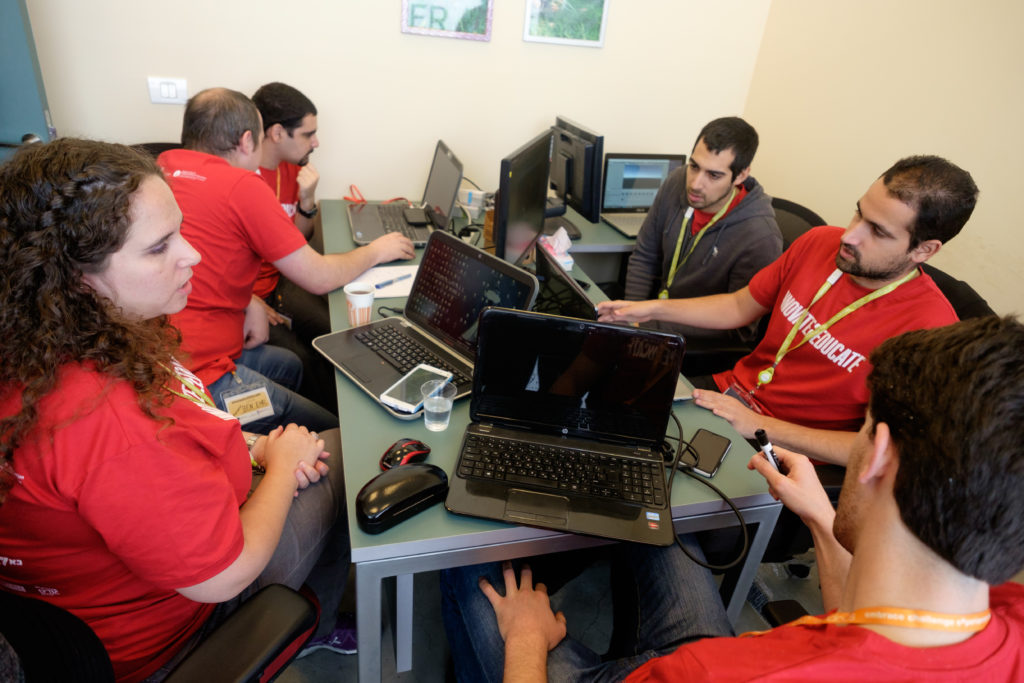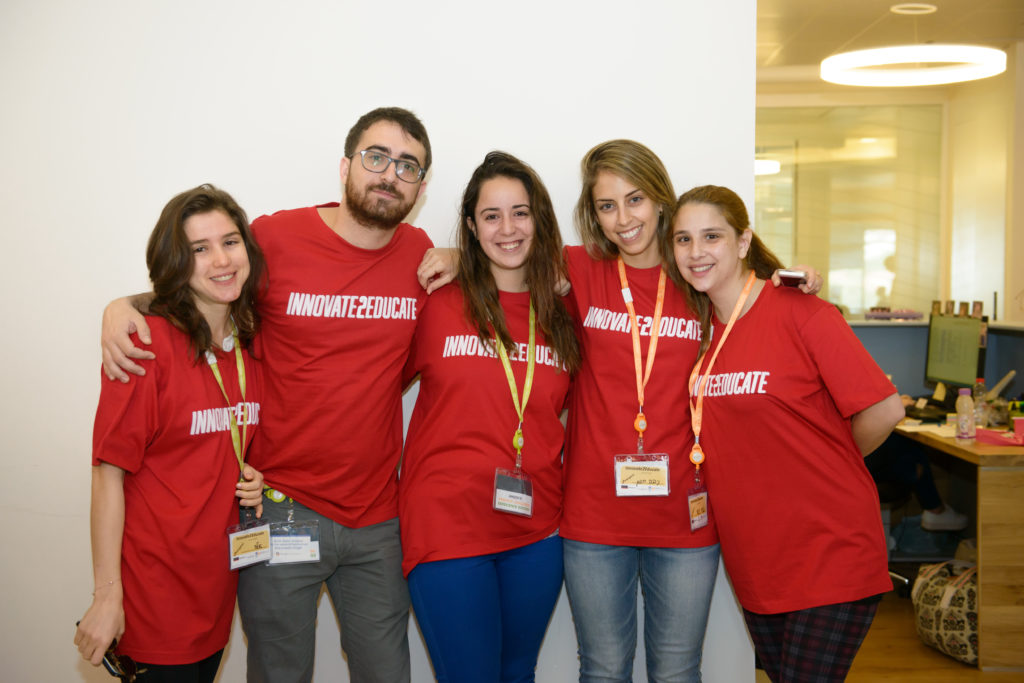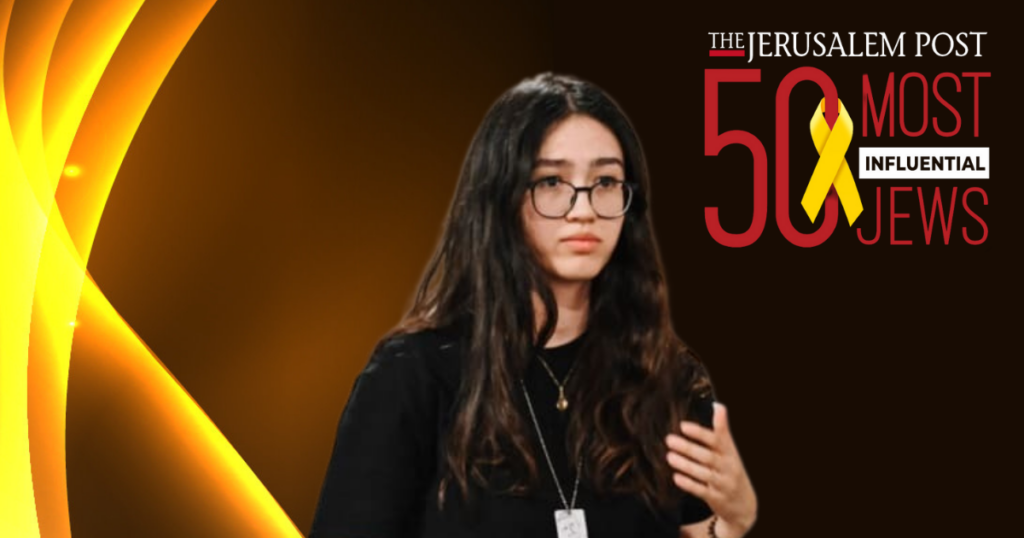
Hacking Into Better Health Education
Hacking Into Better Health Education
December 1, 2015
BGU faculty and students recently joined several major companies, Israeli health funds, the IDF and more to participate in the first ever Israeli health education technologies hackathon. The event, called Innovate2Educate, was an initiative of BGU’s Faculty of Health Sciences and the Bengis Center for Entrepreneurship and Innovation of the Guilford Glazer Faculty of Business and Management.
The idea for the hackathon arose after members of the Faculty of Health Sciences began searching for a way to improve outdated teaching methods. The goal became to transform the classic teacher-student method of learning using 21st century resources and capabilities.
“Teaching and training methods in the field of health sciences must be updated to correspond to today’s reality,” says Faculty of Health Sciences Dean Prof. Amos Katz.
This way of thinking led to the launch of a hackathon, a competitive technology event where different teams created and presented innovative ways to upgrade the teaching and learning experience in the field of health sciences.
Team 3D Anatomy took first place in in the hackathon with a platform for teaching through 3D displays or printed objects that can be easily integrated into the classroom. The platform gives lecturers the ability to “pin” questions on 3D models. Students can also use the model to prepare for tests. The team took home NIS 3,000 ($775) for their efforts.
Tied for second place were Teams Sim 360 Phone and MEDETECT. Team Sim 360 Phone created a system that allows anyone to photograph ongoing medical procedures from multiple angles for later study.
Team MEDETECT built a monitoring system which can warn medical staff of deterioration in their patients’ conditions and offers treatment advice.
“Events of this type, which connect people from different worlds, enable the formation of diverse groups who together could come up with an innovative initiative that could change educational processes,” says Prof. Dafna Schwartz, director of the Bengis Center.





